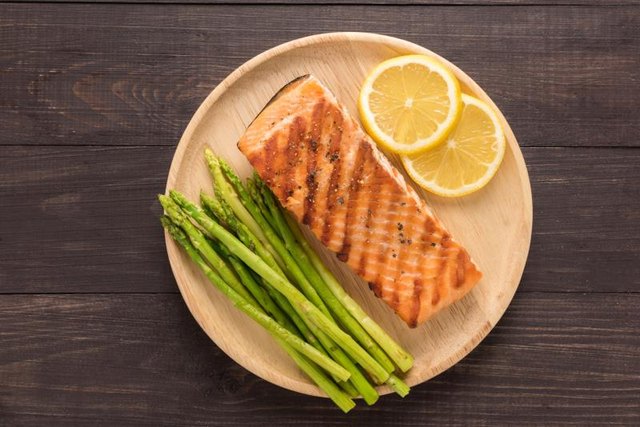
Overview
Your kidneys filter toxins from your body. They also regulate fluid levels and electrolytes, such as sodium and potassium. Kidney failure results in immediate symptoms of nausea and a buildup of toxins in the blood. People with chronic kidney disease can modify their diets to reduce strain on these vital organs. There is no one diet that is good for everyone with kidney disease. Kidney disease is complicated and requires close monitoring by a dietitian and your doctor. Laboratory tests and follow-up evaluations are the only way to ensure your disease is being managed appropriately. Consult a Registered Dietitian for specific meal plans that are right for you.
Breakfast
You need to ensure you are getting enough protein, calories, vitamins and minerals each day to help keep you healthy and prevent your kidney disease from getting worse. Proteins are often restricted in kidney disease to prevent buildup of toxins produced when protein is metabolized. One egg is a good protein source but doesn't provide excessive protein. A breakfast of one egg, prepared without added fat, white toast and small glass of skim milk would be a suitable kidney-preserving meal.
Lunch
Include many colors of vegetables. A garden salad for lunch with some grilled chicken on top is a healthy start. Use a low-fat salad dressing to top it off and a small handful of chopped nuts for some crunch. Drink a large glass of water to keep hydrated and satisfied between meals.
Dinner
As listed by the National Kidney Foundation, Resource Fruit Beverage and Boost Fruit Flavoured Beverage may help support you in maintaining a well balanced diet within your restrictions. Add a 6 oz. piece of grilled salmon, some steamed white rice and a Cesar salad to round out the meal. Have half a fresh banana for dessert.
www.livestrong.com




No comments:
Post a Comment